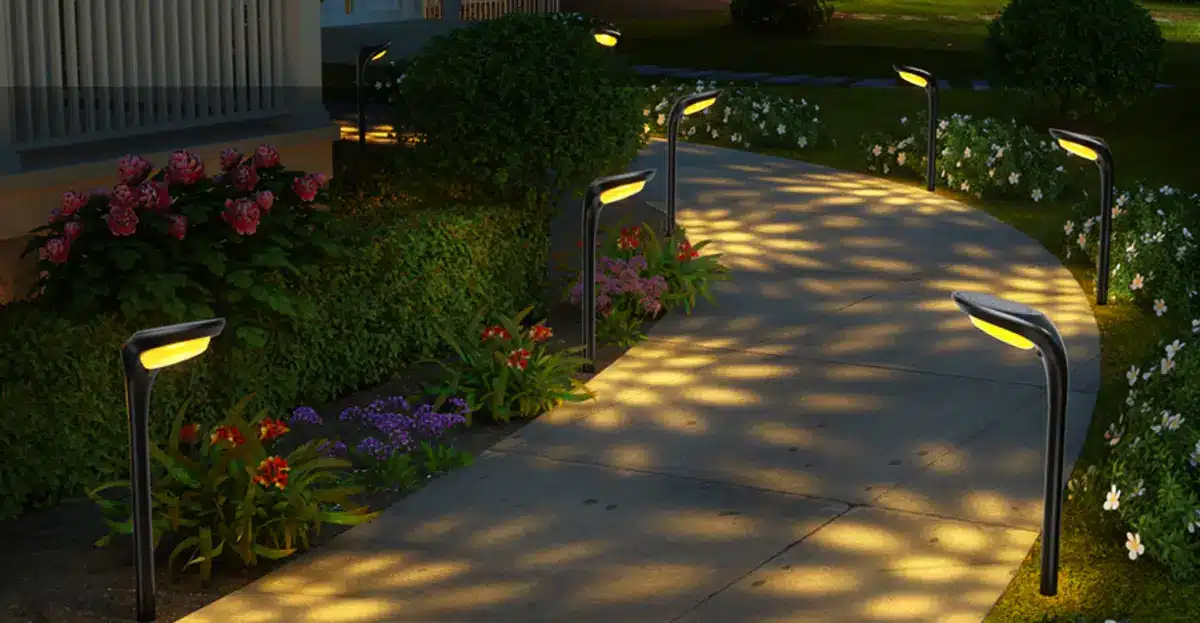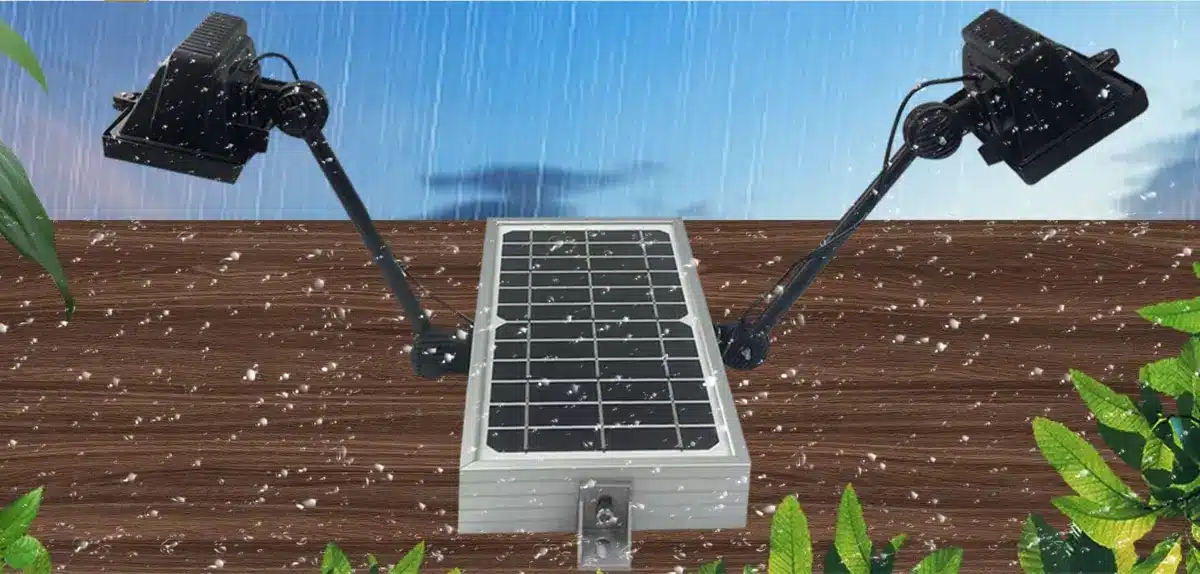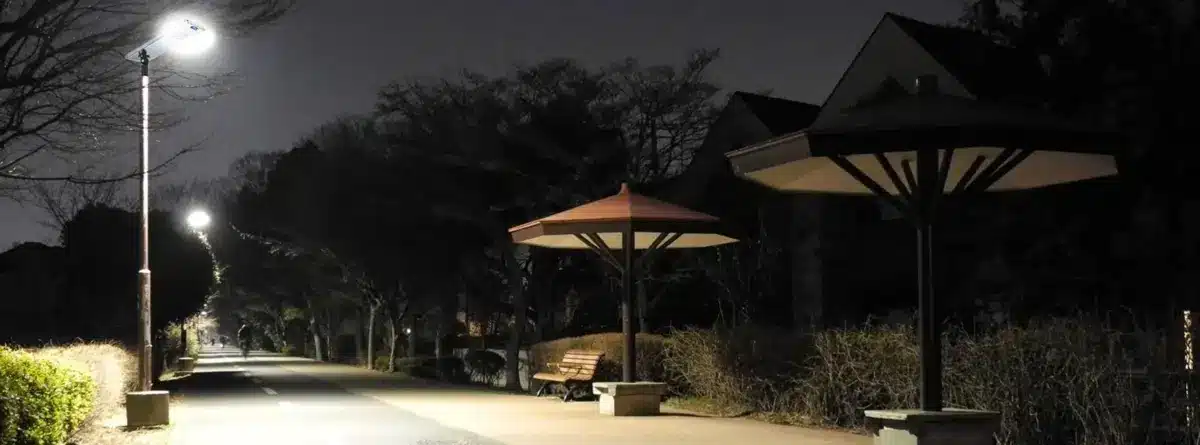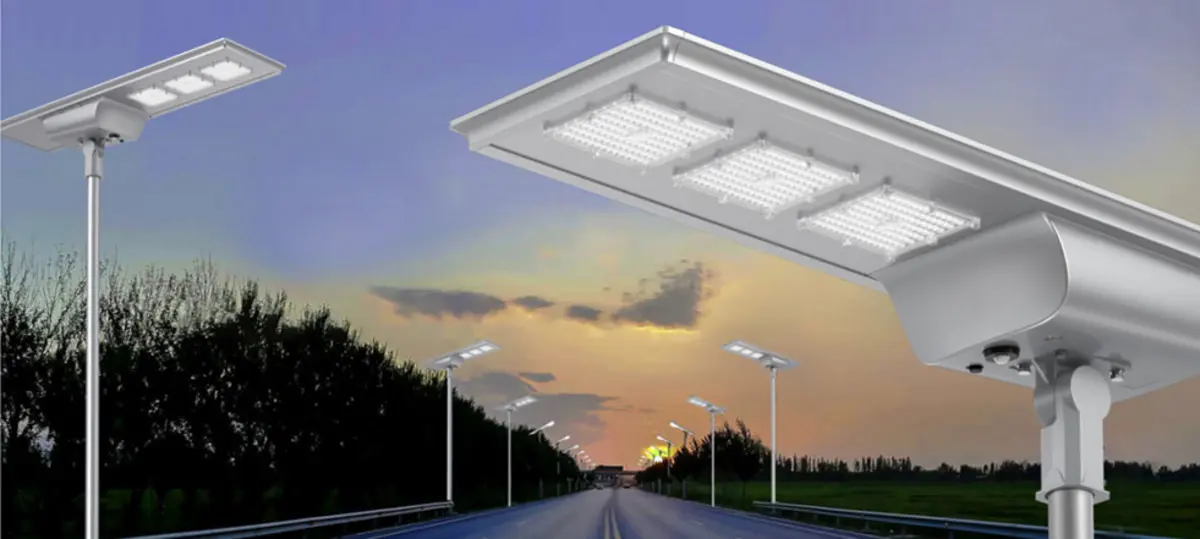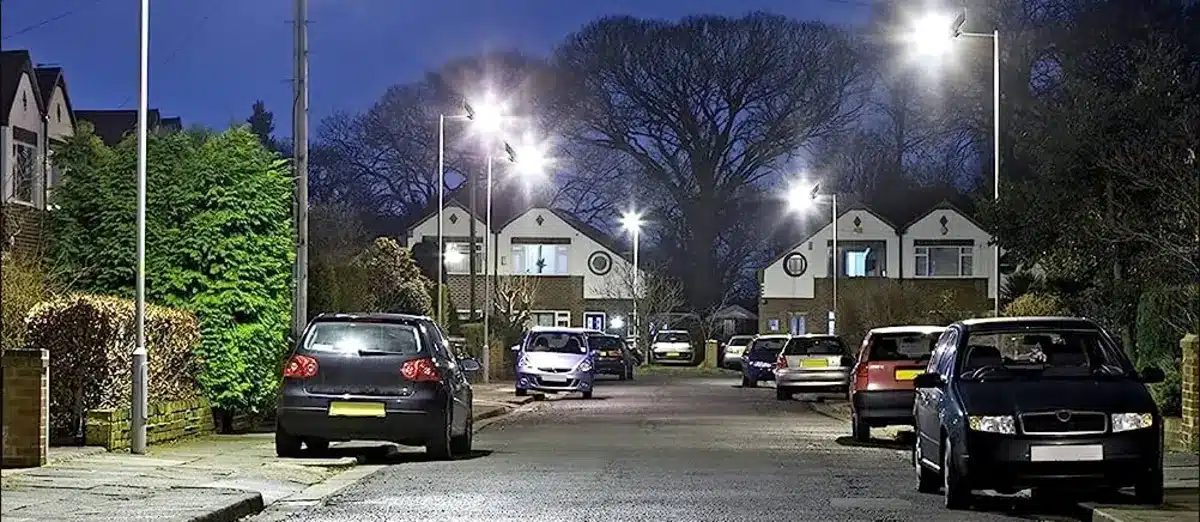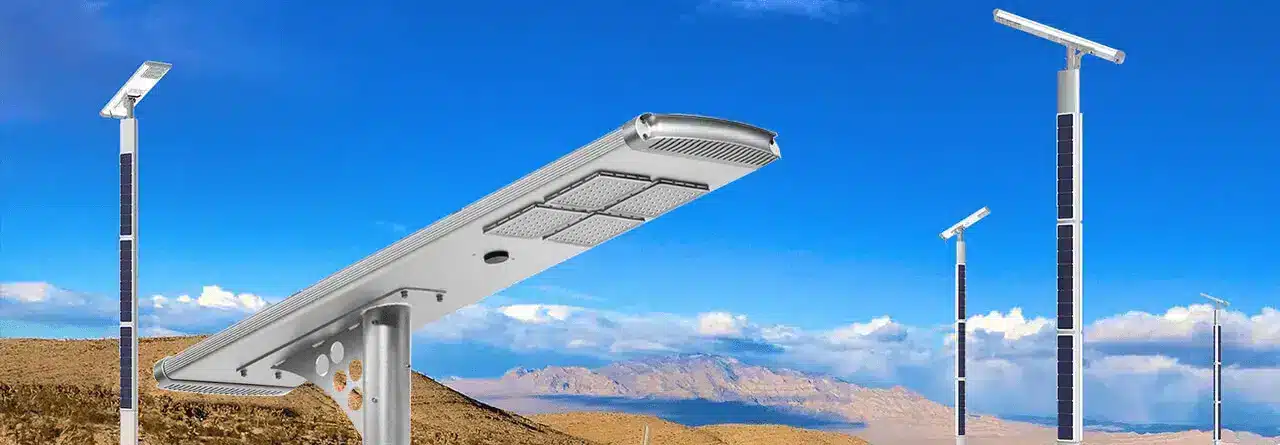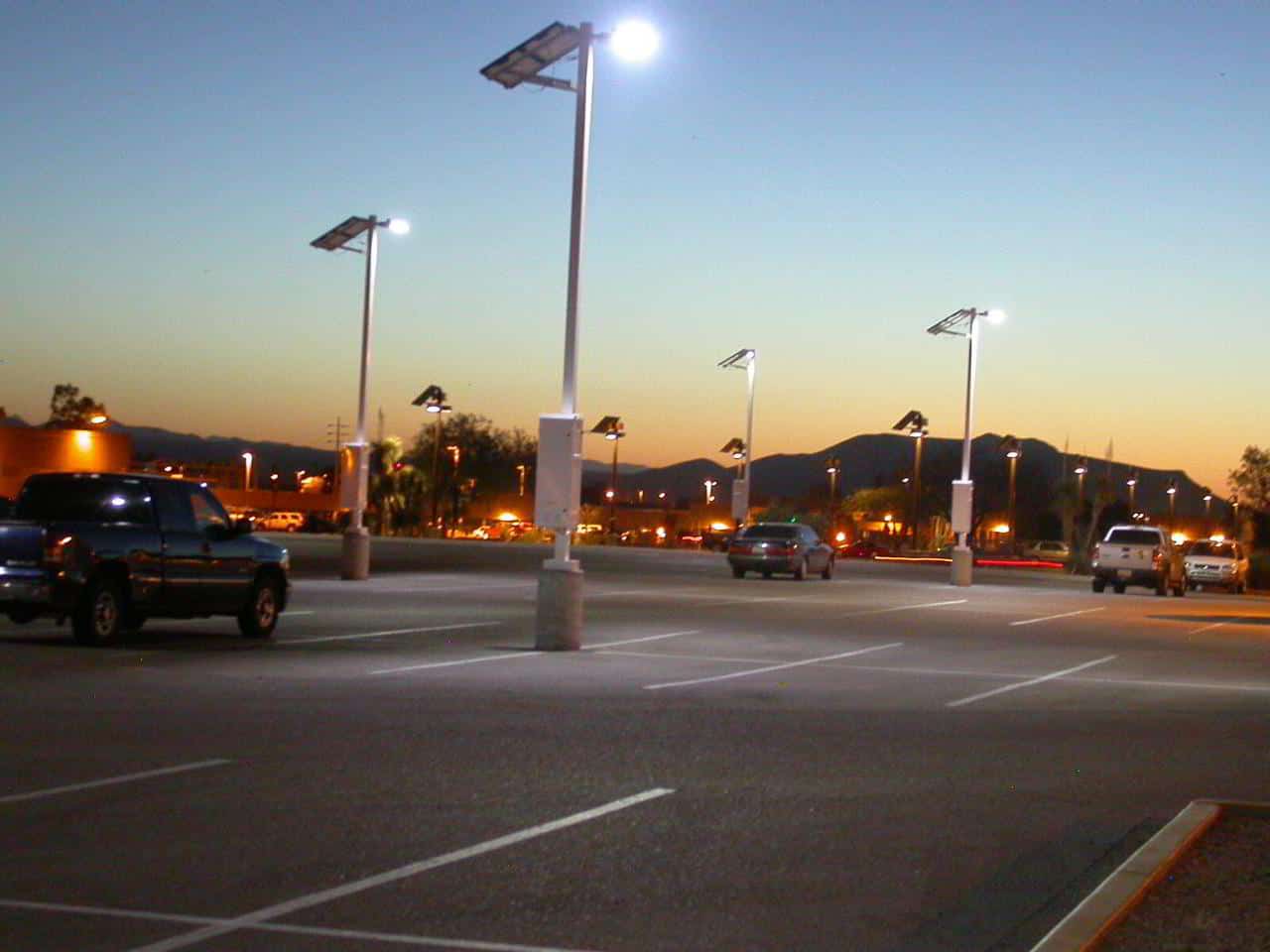
As someone passionate about all things sustainable, solar lights have fascinated me. These gems of sustainability – can add a calm, atmospheric glow to my outdoor spaces, all while being green and energy-conscious. When I thought about making the shift, the question that sprang to my mind was: “What’s the expected lifespan of solar lights?” Now, I’m excited to share the knowledge I’ve garnered about the durability of these champions of eco-friendly lighting.
Peeling Back the Layers:
The lifespan of solar lights is akin to a jigsaw puzzle – the amalgamation of various pieces, the LED light bulb, the solar panel, and the battery, that determines the complete picture. On average, they can serve you faithfully for about 3 to 5 years. But let’s delve deeper into the lifeline of each component to give you a clearer picture.
The Lifeline of Solar Lights Components:
LED Light Bulbs:
The heart of solar lights is the LED bulbs. These little luminaries have dramatically changed the lighting scene, with a lifespan that dwarfs that of traditional bulbs. LED bulbs can last up to 50,000 hours. In simpler terms, if you run them for 8 hours a day, they can light up your nights for around 17 years!
Solar Panels:
Next up, the power generators – the solar panels. These panels convert sunlight into electricity, charging the battery during the day. A good quality solar panel can last anywhere between 15 to 25 years, standing as a testament to its durability.
Batteries:
Now, let’s talk about the unsung heroes of solar lights: the batteries. The typical lifespan of a solar light battery is between 2 and 4 years, but its performance wanes over time. However, the beauty of these batteries is that they’re replaceable, giving your solar light a renewed lifespan every few years.
Maximizing the Lifespan of Solar Lights: Useful Tips to Keep Your Lights Shining Longer
The lifespan of your doesn’t solely depend on the components. Several external factors come into play. Climate, placement, and maintenance can significantly impact how long your solar lights last.
Solar lighting thrives in sunny climates. Extended periods of overcast skies can shorten the lifespan of your solar lights by straining the battery.
Maximize Sun Exposure:
Position your lights where they’ll receive maximum sunlight throughout the day. The more sunlight the solar panels capture, the more power they generate and store for the night.
Avoid Shade – Placing solar lights under the shade of trees or buildings can limit their efficiency, reducing their operational time at night. Try to place them in open areas with lots of sunlight.
Regular Maintenance:
Regular cleaning and occasional battery replacements can extend the lifespan of your solar lights. Over time, dust and grime can accumulate on the solar panels, reducing their efficiency. A clean solar panel is a happy solar panel!
Proper Storage:
If you aren’t using your solar lights for an extended period (such as during winter), store them in a dry and cool place. Also, fully charge them before storing them to prolong the battery’s lifespan.
Battery Care:
Over time, the performance of rechargeable batteries may decline. Replacing the batteries every 1-2 years can keep your solar lights working optimally. Always ensure to use the correct type and size of battery as specified by the manufacturer.
Switch Off When Not Needed:
If you know your solar lights won’t be needed for a while, turn them off. This helps save the stored energy for when you need it and can extend the overall lifespan of your lights.
Avoid Placement Near Street Lights:
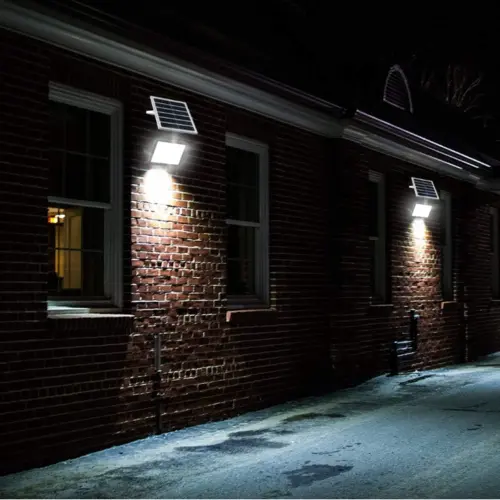
Yes, that’s an essential tip to remember. Solar lights operate based on sensing the level of surrounding light. During the day, they absorb sunlight and store it as energy. As the sun sets and the surrounding light levels drop, the built-in photocells or light sensors detect the change and trigger the lights to turn on.
If you place them near street lights or other artificial lighting sources, the light from these sources might confuse the sensors. They might interpret it as daylight, preventing the solar lights from turning on when you want them to. In essence, street lights can interfere with the solar lights’ ‘understanding’ of day and night, leading to them not functioning as they should.
To avoid this issue, position your lights in locations shielded from artificial lighting sources. This will help ensure your solar lights operate correctly, turning on at dusk and off at dawn as intended.
By following these tips, you can ensure your lights will stay on longer, offering you maximum usage and value for your investment.
Wrapping Up:
Embarking on this exploration of solar lighting, I discovered that their appeal lies in their green credentials and surprising durability.
Yes, they might require a battery replacement every few years, but their structural integrity and resilience are nothing short of remarkable.
With diligent maintenance and strategic positioning, you can rest assured that these luminous power-savers will continue to light up your surroundings for a considerable time.
So, to address the often-asked question, “How Long Do Solar Lights Last?” – They endure long enough to warrant your attention and investment.
Switch to solar lighting, enjoy the glow, and let’s do our bit to conserve our planet, one solar light at a time!
Note from the editor: This post was initially published in Jue 2021 but has been extensively rewritten and revised for accuracy and consistency.
Patriotism Shines Brighter with Solar Flag Lights
Solar Flag Lights: The Dazzling Shift from Darkness to Luminescence The night was silent, with only the hoots of an owl…
Say Goodbye to Boring Gardens: 10 Unbeatable Solar Outdoor Light
Brought to You by a Certified Solar Lighting Specialist! Ah, the magic of outdoor lighting! There’s something undeniably charming about a…
Solar Lights for Signs: An Efficient Solution for Modern Cities
Illuminating Cityscapes: My Journey with Solar Lights for Signs Welcome, fellow sustainability enthusiasts! I can’t wait to share the solar technology…
The Power Shift: Why It’s Time to Switch to a
Illuminating a New Path I’ve always loved the charm of the night, with the stars above and the city lights below….
How Clean Energy Demand is Fueling the Solar Street Lighting
As a clean energy enthusiast and professional in the solar industry, I’ve been closely monitoring the fascinating developments and growth…
Embracing the Future: My Journey With Solar Parking Lot Lighting
Since I ventured into managing commercial properties, optimizing energy usage has always been on my mind. Recently, I made a…
Brightening Horizons: The Radiant Revolution of All-In-One Solar Street Lights
Today, I’m thrilled to introduce you to All-in-One Solar Street Lights. These aren’t just lights to brighten our paths but…
Powering a Brighter Future: Solar-Powered LED Parking Lot Lights
Have You Ever Considered the Magic of Solar-Powered LED Parking Lot Lights? If not, it’s high time you did! Picture…


